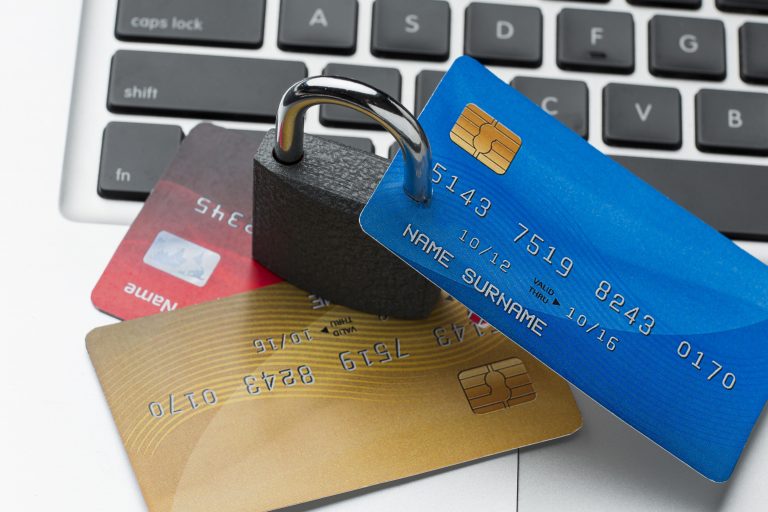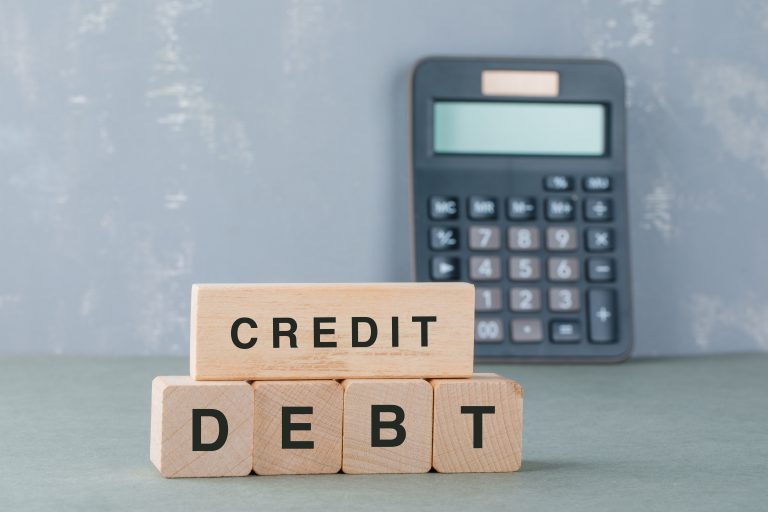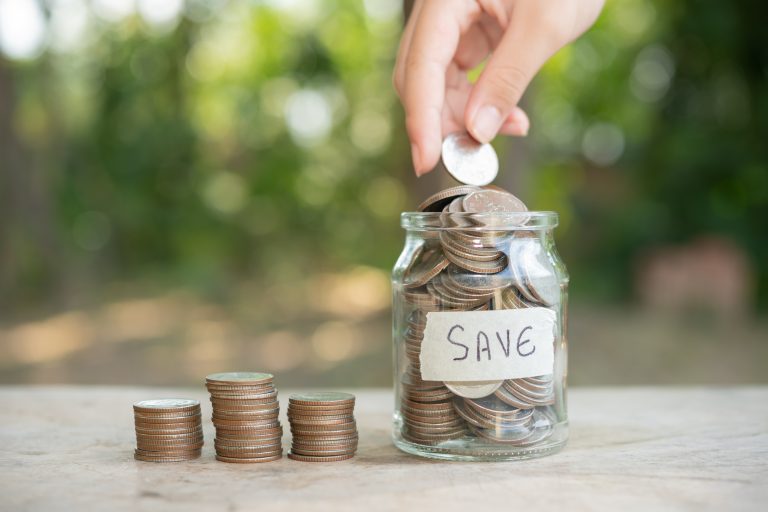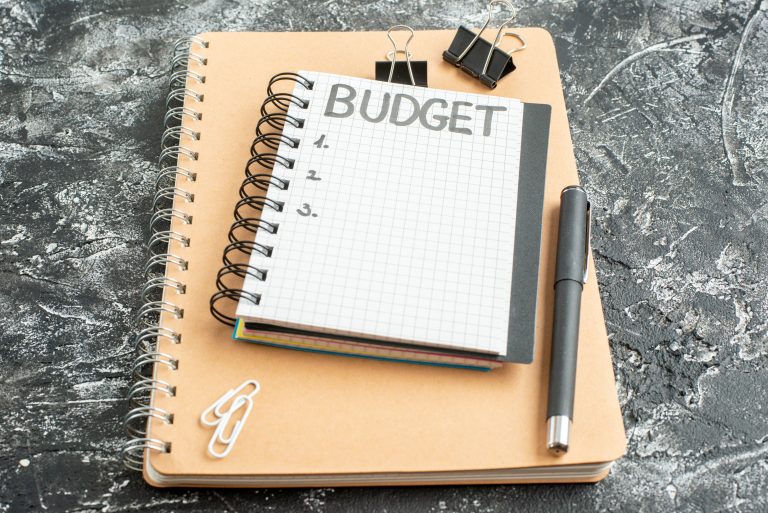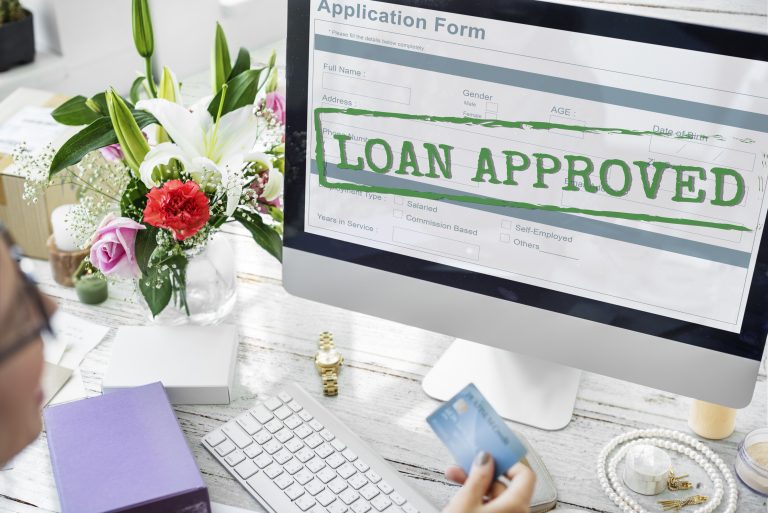While your credit cards are ruining your credit, there is a specific one that may save it: secured credit cards. These function like the regular ones, but they may help you improve your payment history. According to LendcoFunding reviews and ratings, secured cards are among the most effective credit-building tools available.
In turn, this improves your credit history and the credit rating on it. In fact, there are many options available, such as the Citi Secured Mastercard.
What is a secured credit card?
A secured credit card functions similarly to typical unsecured cards, but it requires a security deposit. Credit card issuers will ask for it in exchange for the card, then you may purchase goods and services with it. The card will have a credit limit that is usually half or equal to your deposit. Some card issuers may even let you have a secured card with 200% of your deposit as a credit limit.
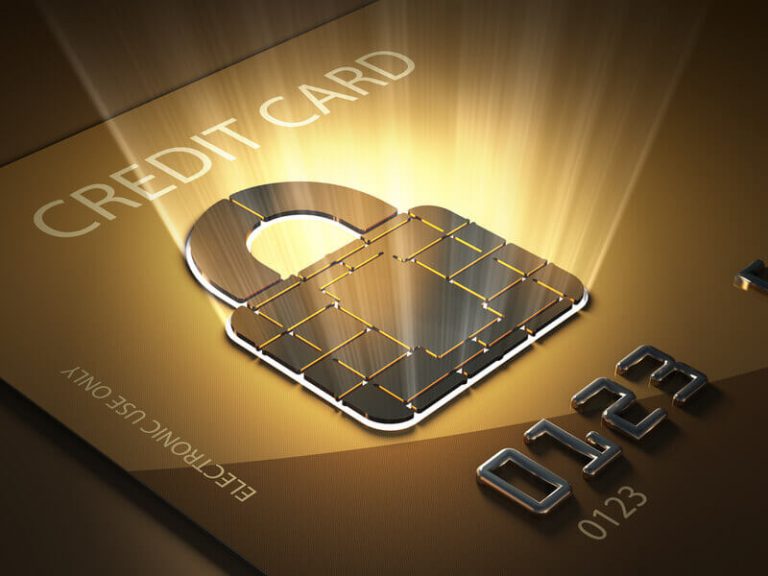
Some people may confuse secured credit cards with debit cards and prepaid cards. However, debit cards use bank account funds and not credit, so they can’t improve your rating. Also, prepaid cards are loaded with money, so you must reload once yours runs out. Like debit cards, they also cannot improve your credit rating.
How to get a secured credit card
Applications for secured credit cards work similarly to regular unsecured cards, except for their security deposit requirement. Aside from the usual paperwork and documents, issuers will require a credit check before granting cards.
While people use it to improve bad credit, some issuers may even reject those with severely poor credit.
How does a secured credit card work?
These are usually regarded as cards for bad credit since it allows individuals to improve their credit history and help establish what is good credit over time. People pay for products and services using the secured card, then they complete all the ensuing payments on time. Their record of diligent payments then reaches their credit bureaus, which may merit an increase according to their credit scoring models.
Aside from making diligent payments, you must also keep your expenditure below your credit limit. You’ll also deal with interest rates and payment due dates, but keep paying your balances punctually. Once your balances are repaid completely, you may close the account and receive your security deposit back.
After your credit rating improves, your credit card issuers may allow you to upgrade to an unsecured credit card. They’ll notify you of your eligibility for an upgrade after about 18 to 24 months. Some card companies have rules to even upgrade your card automatically. If not, you may apply for an unsecured credit card from other credit card companies instead.
To make sure it works, explore all available options. Various brick-and-mortar banks and credit unions offer secured cards, and there are several alternatives online too. Read and understand their terms and conditions carefully, especially the fine print. Ask them questions to make sure their secured credit card is right for you.
Does a secured credit card help your credit?
Secured credit cards may improve your credit rating. People make purchases with them temporarily in order to build a record of on-time payments.
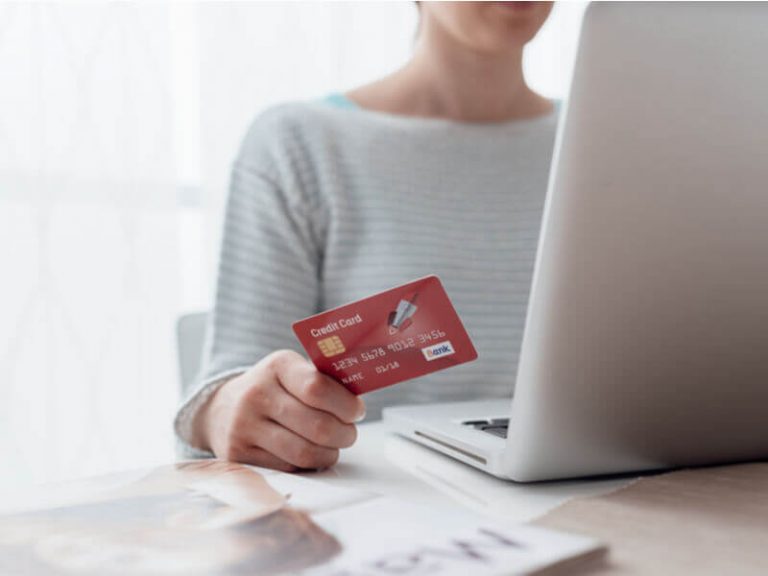
Since credit reports mainly measure your ability to punctually pay debts back, a history of diligent payments may improve it.
Pros and cons of a secured credit card
While secured credit cards are truly helpful, they may bring potential risks. Understand the potential benefits and risks in using one, so you may use one effectively.
No matter what kind you choose, use your card responsibly to maintain a positive credit rating.
Advantages of secured credit cards
As mentioned earlier, these are the credit cards of choice for those with poor credit. They function similarly to unsecured cards, boost credit scores, and even look like regular ones. You don’t have to worry about revealing your poor credit from your secured card. You may buy things and pay for services, and stores won’t know the difference!
What’s more, potential creditors will not know about your secured credit card. You don’t need to worry about being disqualified for certain credit options because of it. After all, it helps people with poor or non-existent credit history, such as recent immigrants and young adults.
In addition, there are various options available through multiple institutions. Most banks offer them, including the famous ones like Bank of America, Chase, and Bank One. There are even websites that facilitate your search for the best-secured credit card. Most importantly, these usually report to at least one credit bureau, so they can help boost certain credit scores.
Disadvantages of secured credit cards
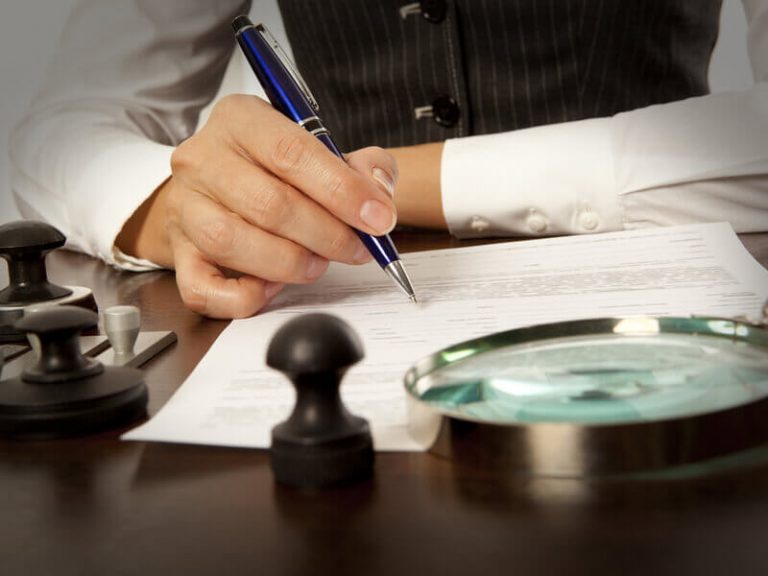
Even though you’ve applied for a secured credit card, you aren’t automatically approved for the regular ones. You must follow specific criteria and guidelines from your card issuer first, regardless if you have the required deposit. Although, you may qualify eventually after your credit score improves.
Some may take advantage of secured credit cards to scam people. They prey on their desperation to improve their credit, fooling them on phone calls with unrealistic offers. Often, they charge exorbitant, upfront fees or ask calls to an expensive “900 number.” If you’re offered guaranteed approval or immediate approval for a card, simply refuse.
Worst of all, your secured credit card may be ignored by credit bureaus. Some may still lower your rating despite your diligent payments. This is why you should check your credit bureaus regarding their scoring models.
Alternatives to secured credit cards
While secured credit cards help build credit, there are other options available. For example, you may take out credit builder loans to improve your rating. If you know someone with good credit you may register as an authorized user for their credit card.
In addition, there are debt relief strategies you may employ that may pull your score up. Your debts may be causing your poor credit score, so it makes sense to reduce them. You may use debt consolidation or debt settlement to help with that. Credit counseling may also help you with short-term and long-term personal finance.
There are do-it-yourself methods such as the debt snowball and the debt avalanche. They both involve paying debts on time and paying the minimum for other debts. For comprehensive debt management, consider exploring the best debt consolidation loan companies that can streamline multiple payments into one manageable monthly payment. However, they proceed with payoff differently. The snowball method starts with the smallest debts first, while the avalanche begins with the largest balances.
Lastly, the best way to improve your credit is sound money habits. Pay your debts on time, and only take out credit when necessary. Form a budget plan, stick with it, and cut down on unneeded expenses. Allocate the savings to an emergency fund.
Credit cards carry a balance that must be repaid on time. As much as possible, don’t delay payments excessively, as FICO credit scores and other credit scoring models consider those as score deductions. Diligent payments also help you avoid interest from piling up, preventing further credit report penalties. Check if your card charges an annual fee, and understand its terms and conditions.

